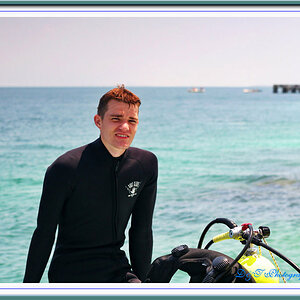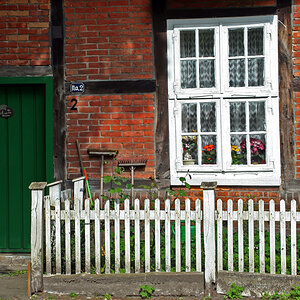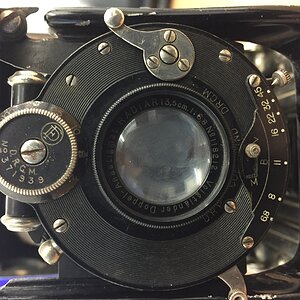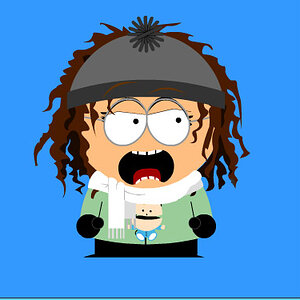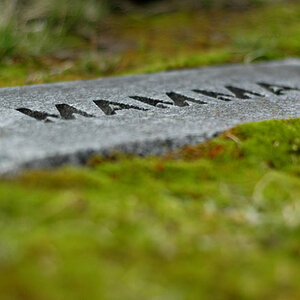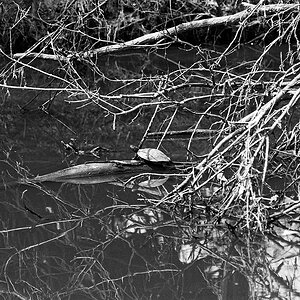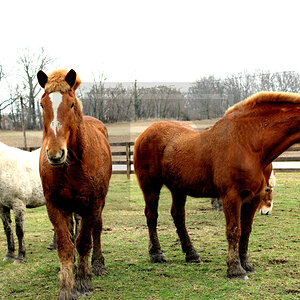Ysarex
Been spending a lot of time on here!
- Joined
- Nov 27, 2011
- Messages
- 7,137
- Reaction score
- 3,691
- Location
- St. Louis
- Can others edit my Photos
- Photos OK to edit
You come off as a bit of an elitist.
Want to come round and yell at my kid for not using proper shading techniques when he is finger painting?
My point is that when I see a great photo I done care what camera, lens or file format they used. People are so obsessed with the technical aspects that they have forgotten the point.
He's not painting outside the lines is he?!!
And you come off as having jumped in with a vacuous cheap shot -- Oh sh*t! I must be elitist; I just used "vacuous" in a forum post.
Of course it's about the photos. So you're not seriously going to advocate just put the camera on green and everybody concentrate on getting great shots. We both know better than that. Understanding and practice and competence don't really get in the way of taking better photos -- they help. You can swing overboard on anything and swings go both ways. So you're going to claim now that switching a camera to save raw files is going tech overboard? No? Oh but switching to save raw and then wanting to understand just how that works -- that's tech overboard?
I know this is an old dead horse topic that can get irritating, but that's one of the things forums like this are for -- there's always new people who have legit questions. I also tried to stay out of it. You'll note if you look back through that when I did join in it was to defend the JPEG shooting journalists. I wasn't willing to let the "good enough" description be applied to their work. Sorry for the sarcasm.
Joe


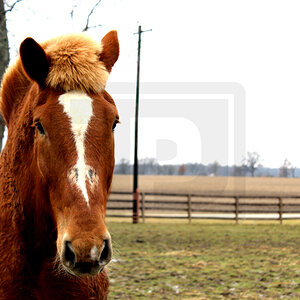
![[No title]](/data/xfmg/thumbnail/31/31090-4f0653c24dc61d2950c0fea87eb4d827.jpg?1619734606)
